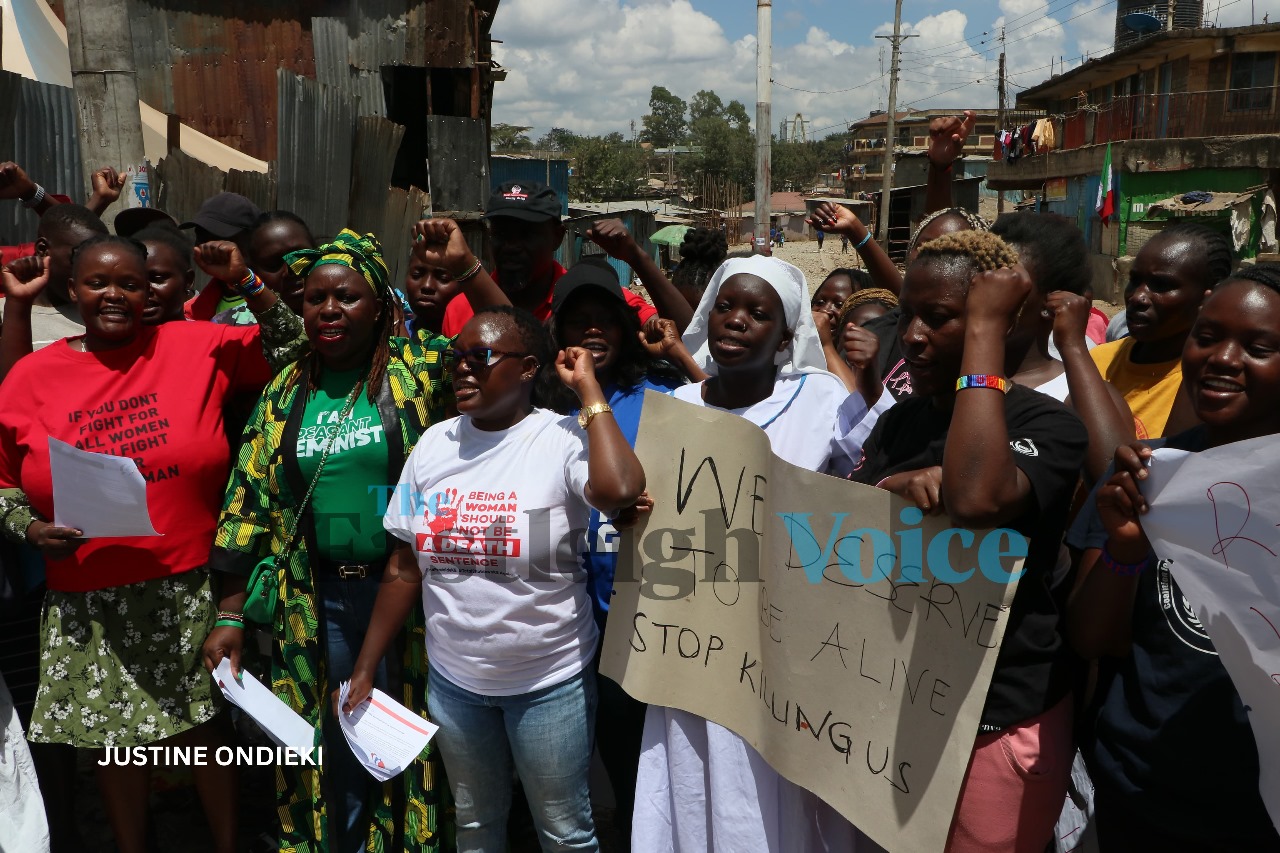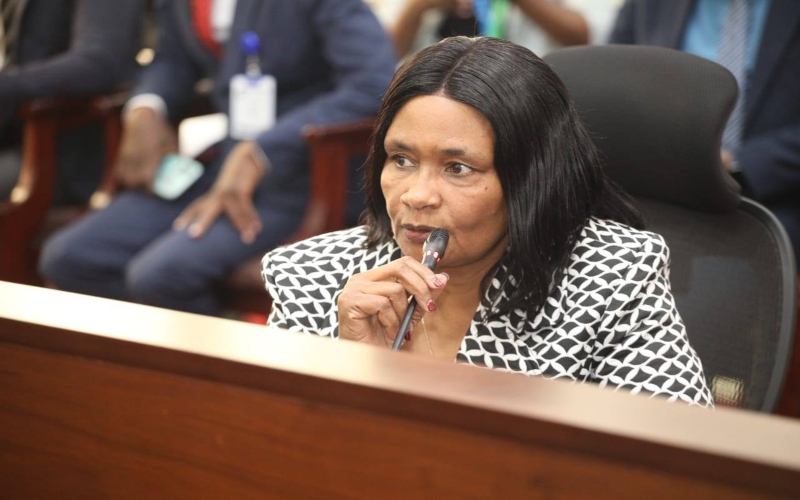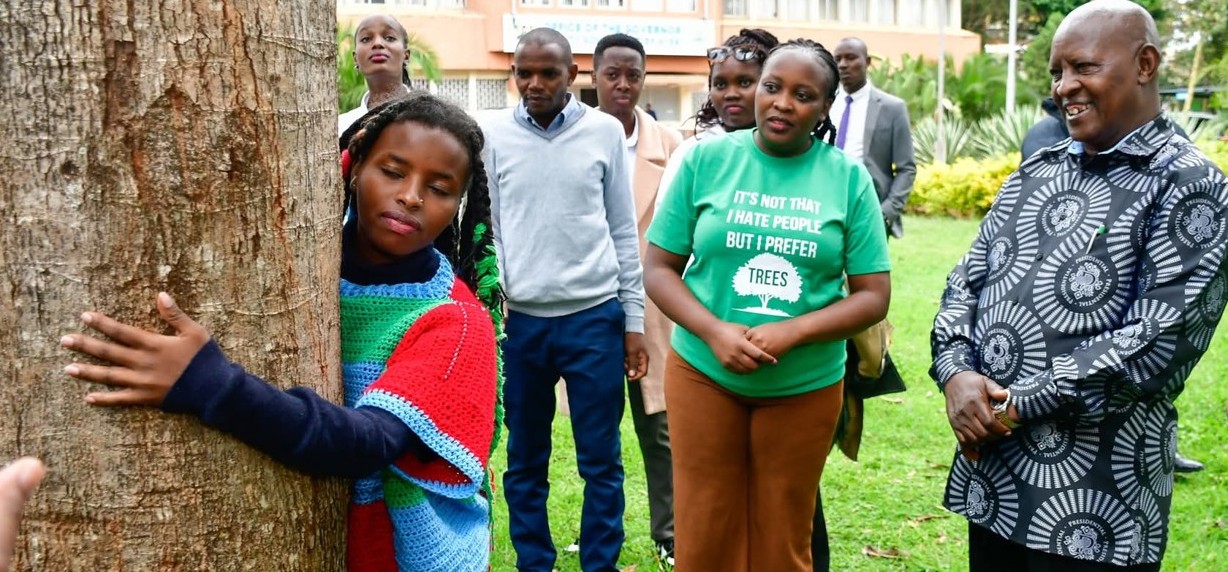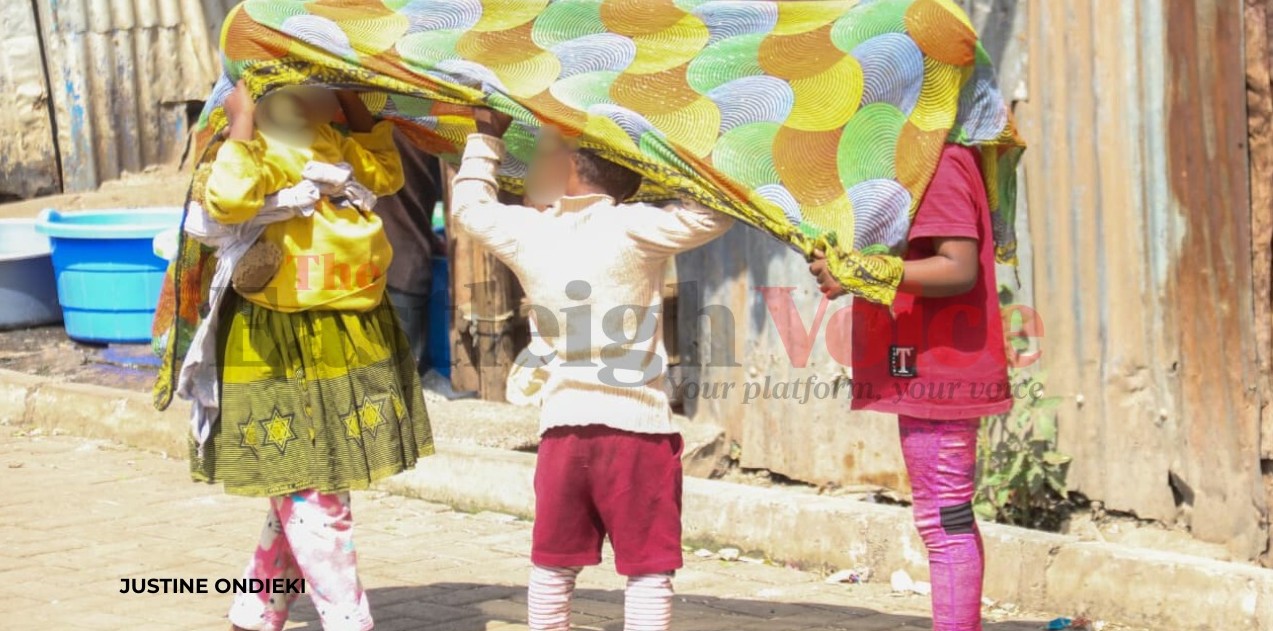One woman or girl killed every 10 minutes by intimate partners, family members - UN report

In 2023, 51,100 women and girls lost their lives, a rise from 48,800 victims in 2022.
Every 10 minutes, a woman or girl is killed, predominantly by intimate partners or family members, a report released on Monday by the United Nations has revealed.
According to the UN’s 2023 Femicide report, the number of women and girls killed by those closest to them rose significantly last year.
More To Read
- Githunguri MP Gathoni Wamuchomba protests suspension, backs femicide victims
- Kenya lost 5,578 women to femicide in 2024 - Gender CS Hannah Wendot
- Congolese man sentenced to 40 years in prison for murdering his Kenyan lawyer girlfriend
- "Withhold bail for my daughter's killer", Mother's emotional plea to court
- Ruto extends mandate of team tackling GBV, femicide by 60 days
- Body of 17-year-old refugee girl killed after refusing forced marriage to be exhumed Friday for autopsy in murder case
In 2023, 51,100 women and girls lost their lives, a rise from 48,800 victims in 2022.
The report highlights that, on average, 140 women and girls are killed each day by a partner or close relative worldwide, marking a stark reminder of the widespread nature of domestic violence.
As the world marks the beginning of the 16 Days of Activism on November 25, Africa has been identified as the region with the highest femicide rate, with 2.9 victims per 100,000 people in 2023.
“Africa recorded the highest rates of intimate partner and family-related femicides, with 21,700 women killed in 2023, followed by the Americas and Oceania.
It notes that in Europe and the Americas, most victims were killed by their intimate partners, comprising 64 per cent and 58 per cent of cases, respectively.
In contrast, women in Africa and Asia were more likely to be killed by family members than by partners, reflecting varied cultural and social dynamics responsible for this discrimination.
The statistic comes despite many countries lacking comprehensive data on femicide cases.
The report also indicates that while men make up the majority of homicide victims globally, the overwhelming majority of women’s homicides occur within the domestic sphere.
In fact, 60.2 per cent of women’s deaths are at the hands of intimate partners or family members, compared to 11.8 per cent for men.
“While the vast majority of male homicides occur outside the domestic sphere, the home is the most dangerous place for women and girls,” reads the report.
Lack of reliable data
Despite the rising numbers, the United Nations Office on Drugs and Crime (UNODC) and UN Women also noted that a lack of reliable data hampers efforts to fully understand and address the scale of femicide.
“Data produced by academic research or civil society organisations are sometimes used to overcome data gaps, but these complementary data sources have no impact on the decreasing trend,” they said.
UN Secretary-General António Guterres in his address for the day condemned the incidents terming it as a shame to humanity.
“The epidemic of violence against women and girls shames humanity. The world must heed this call. We need urgent action for justice and accountability and support for advocacy,” he said.
In Kenya, the issue of femicide has been increasingly alarming, with recent reports sparking public outrage.
Over the last three months alone, the National Police Service (NPS) recorded 97 cases of femicide.
In response to the troubling figures, human rights defenders and concerned citizens have organised a protest to coincide with the launch of the 16 Days of Activism, calling for stronger action to end the killings of women and girls.
During a speech on November 20, President William Ruto expressed his commitment to tackling femicide in Kenya, announcing a Sh100 million initiative to establish Safe Homes and a Safe Space Campaign.
The initiative is aimed at providing support and shelter to victims of gender-based violence.
“Matters of psychological support and safe spaces for women and children are a priority in my office. Through the women’s rights advisor, we are launching a safe home and safe space campaign during the 16 Days of Activism against gender-based violence that will start on November 25, 2024,” Ruto said.
He emphasised that communities need education on the signs and causes of abuse and resources available to victims.
The President instructed the law enforcement sector to expeditiously execute its mandate to bring the culprits to book.
Top Stories Today













































